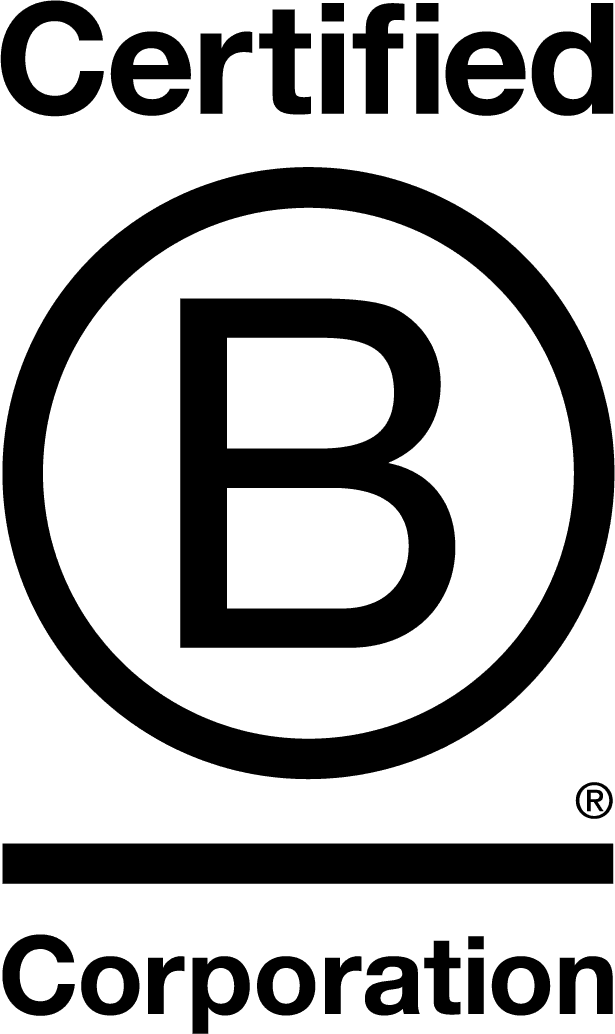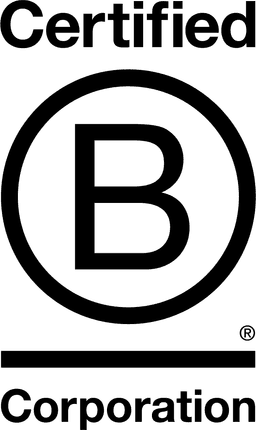

Wild Adventures Melbourne

Victoria, Australia
December 2022
Other recreation
Service with Significant Environmental Footprint
Australia
Wild Adventures Melbourne is more than an eco-adventure company, we’re on a mission to make every adventure a force for good. From paddleboarding and snorkelling to hot-springs and nature hikes, we create small-group experiences that immerse guests in Victoria’s wild landscapes while leaving them better than we found them. As a certified B Corp, sustainability drives every decision. We champion human-powered adventures, zero-waste practices, and partnerships with local producers and communities, ensuring our operations support both people and the planet. Last year alone, we donated nearly 20% of profits to environmental and social causes. We honor the Boon Wurrung/Bunurong peoples of the Kulin Nation, weaving respect for culture and land into every journey. Our ethos is simple: adventure should inspire wonder, cultivate care, and deliver tangible impact. At Wild Adventures Melbourne, every tour is a chance to connect, conserve, and contribute to a better world.
Overall B Impact Score
Governance 21.2
Governance evaluates a company's overall mission, engagement around its social/environmental impact, ethics, and transparency. This section also evaluates the ability of a company to protect their mission and formally consider stakeholders in decision making through their corporate structure (e.g. benefit corporation) or corporate governing documents.
What is this? A company with an Impact Business Model is intentionally designed to create a specific positive outcome for one of its stakeholders - such as workers, community, environment, or customers.
Community 94.1
Community evaluates a company’s engagement with and impact on the communities in which it operates, hires from, and sources from. Topics include diversity, equity & inclusion, economic impact, civic engagement, charitable giving, and supply chain management. In addition, this section recognizes business models that are designed to address specific community-oriented problems, such as poverty alleviation through fair trade sourcing or distribution via microenterprises, producer cooperative models, locally focused economic development, and formal charitable giving commitments.
What is this? A company with an Impact Business Model is intentionally designed to create a specific positive outcome for one of its stakeholders - such as workers, community, environment, or customers.
Environment 7.3
Environment evaluates a company’s overall environmental management practices as well as its impact on the air, climate, water, land, and biodiversity. This includes the direct impact of a company’s operations and, when applicable its supply chain and distribution channels. This section also recognizes companies with environmentally innovative production processes and those that sell products or services that have a positive environmental impact. Some examples might include products and services that create renewable energy, reduce consumption or waste, conserve land or wildlife, provide less toxic alternatives to the market, or educate people about environmental problems.
Customers 3.1
Customers evaluates a company’s stewardship of its customers through the quality of its products and services, ethical marketing, data privacy and security, and feedback channels. In addition, this section recognizes products or services that are designed to address a particular social problem for or through its customers, such as health or educational products, arts & media products, serving underserved customers/clients, and services that improve the social impact of other businesses or organizations.